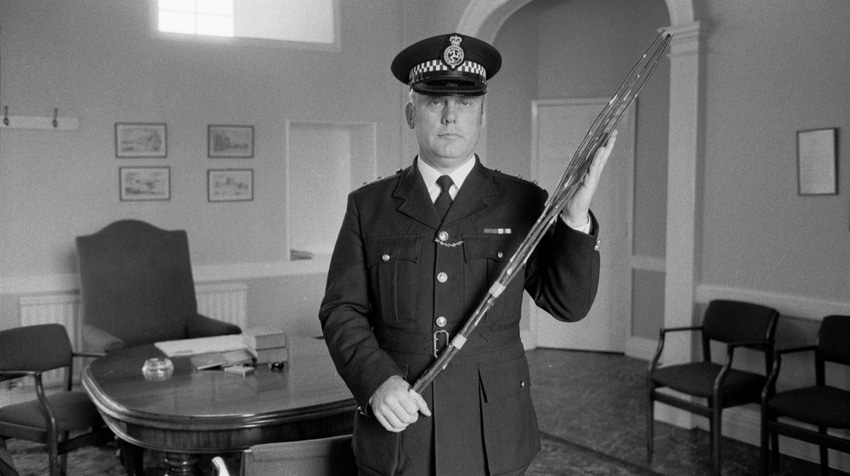Eurobites: Ofcom fines Shell Energy £1.4M for customer service failings
Also in today's EMEA regional roundup: OneWeb gets the green light in India; South Africa's Telkom in tower unit talks; BT ties up with Telstra for content delivery worldwide.

UK communications regulator Ofcom has fined the broadband arm of Shell Energy £1.4 million (US$1.7 million) for its failure to properly notify its customers that they were coming to the end of their contracts and alert them to potential savings from alternative tariffs. Under Ofcom's rules, telecom and pay-TV companies must issue an "end-of-contract" notification to customers – by text, email or letter – between ten and 40 days before their minimum contract period comes to an end. Ofcom found that 2,837 customers were affected by Shell Energy's failures between March 2020 and June 2022, with 7,750 of them receiving an end-of-contract notification that contained incorrect information about the price they would pay once their minimum term period came to an end. Of these customers, more than 6,000 went on to pay higher charges than they were originally quoted. Shell Energy would have been fined considerably more, says Ofcom, if it had not self-reported its failings and cooperated with the regulator.
Eutelsat OneWeb has received the green light from the Indian space regulator to launch commercial satellite broadband services in India. According to the company, it is the first to be granted approval for space-based broadband in India from the regulator, IN-Space. OneWeb India already holds the necessary licenses from the Department of Telecommunications to provide satellite broadband services. The company now intends to launch services as soon as spectrum allocation has been granted by the Indian government.
South Africa's Telkom is in talks with a preferred bidder over the potential sale of its Swiftnet towers subsidiary. The bidder in question is a consortium of equity investors, the company said. The news comes as Telkom reports its first-half earnings: Group revenue was up 2.5% year-over-year to 21.8 billion South African rand ($1.18 billion), while EBITDA (earnings before interest, tax, depreciation and amortization) climbed 1.7% to ZAR5.025 billion ($273 million). Telkom maintained its full-year guidance, while noting the "challenging economic climate."
BT has agreed a five-year deal with Australia-based Telstra Broadcast Services (TBS) to extend its content delivery network footprint in the Asia-Pacific region and beyond. TBS says the deal will increase its global footprint by 50% and expand its customer base to more than 170 broadcast and media organizations worldwide.
Nokia is moving to 100% recyclable packaging for its entire range of Lightspan broadband access nodes by the end of this year. The new packaging has already been used for a Deutsche Telekom order of G.fast access nodes, where it meant a 60% decrease in package size and a 44% reduction in overall weight.
Mobile operator Three UK has hired Stephen Reidy as its new chief information officer. Reidy, who has previously held senior roles at O2 Ireland and Orange UK, has been CIO for Three Ireland since 2014. Reidy takes over from Belinda Finch, who recently left Three UK after three years with the company.
Virgin Media O2 is trialling an additional layer of cyber-safeguarding for its Hub 5 broadband router, providing customers with extra protection for their connected devices, particularly connected household products such as smart doorbells and speakers. The software will allow customers to monitor the security across their network and see what has been blocked on their browser.
Read more about:
EuropeAbout the Author(s)
You May Also Like












